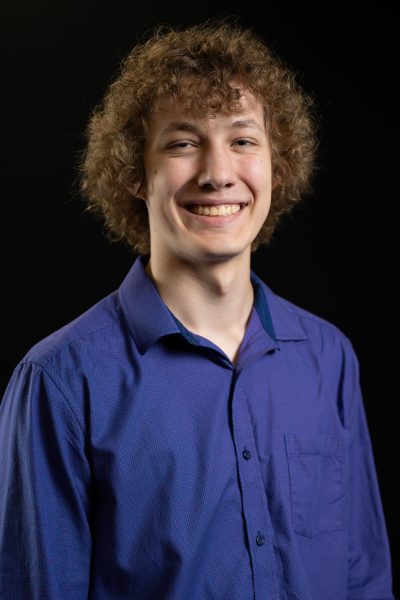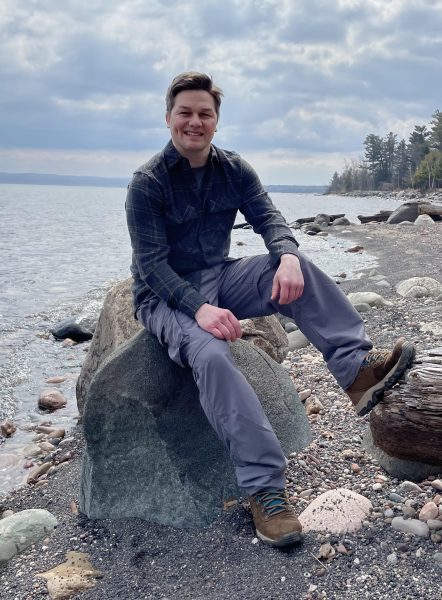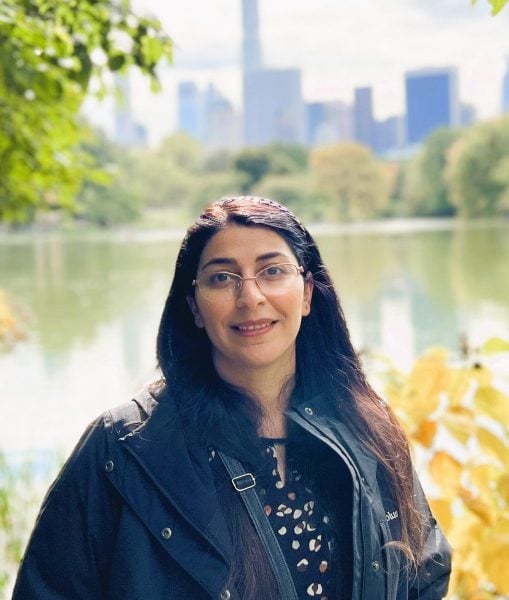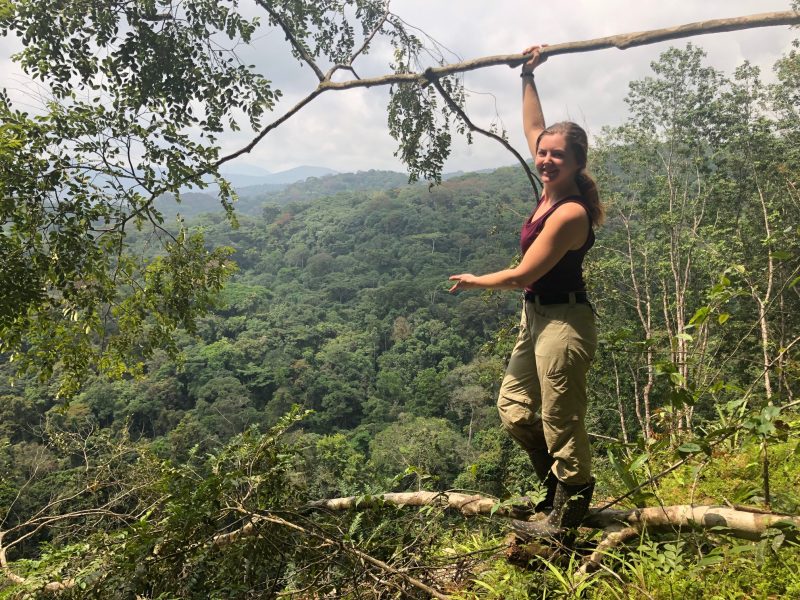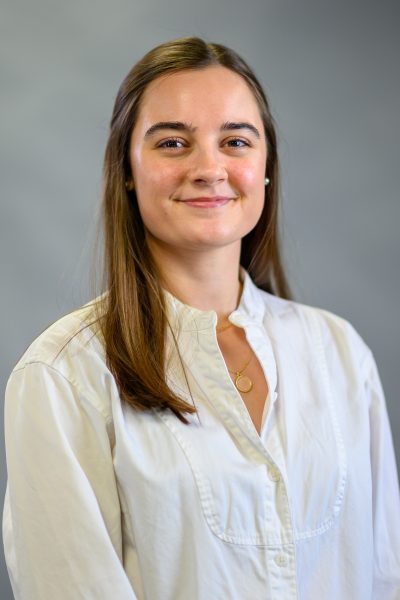Due to the generous support of The DeVlieg Foundation, the Graduate School is happy to accept nominations for 2026 summer fellowships.
Each department, college, or interdisciplinary PhD program may nominate one eligible student. The recipient will receive a $11,000 stipend for summer 2026 plus tuition support for three research credits. The DeVlieg funds ($10,000) will be used to cover the cost of tuition, and partial stipend. The graduate program, department, or PI must commit to supplementing these funds to ensure a total stipend of $11,000.
Eligible students will meet all of the following criteria:
- Must be conducting research in engineering; projects at the intersection of engineering, wildlife, and/or biology are particularly encouraged
- Must be a US citizen or permanent resident.
- Must be enrolled in a doctoral program.
- Must be a doctoral candidate, or eligible for candidacy at the time of application.
- Must be nominated by the student’s graduate program. Each department, college, or interdisciplinary PhD program may nominate one eligible student.
- Must not be supported by another funding mechanism while supported by The DeVlieg Foundation (part-time job, fellowship, GTA, GRA, etc.).
Nominations are due no later than 4pm on January 21, 2026 to the Graduate School. Graduate programs will upload their nominee’s application as a single PDF file.
Please see our web page for details on the application procedure and materials needed. Each program may determine its own internal selection procedure.Please contact the Graduate School with any questions.
